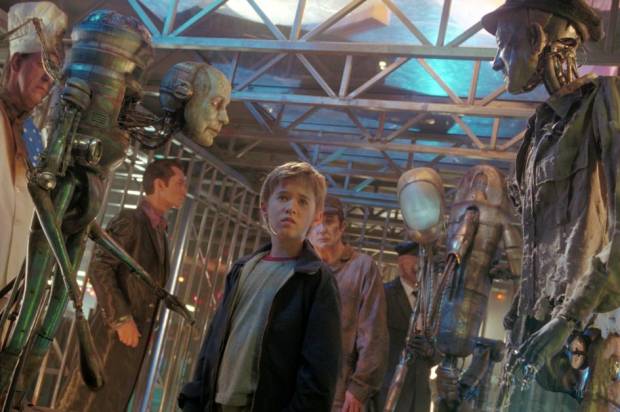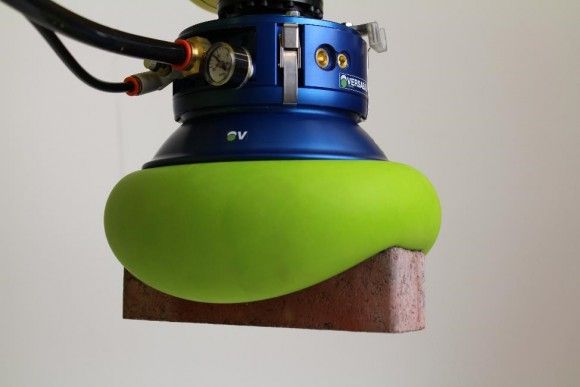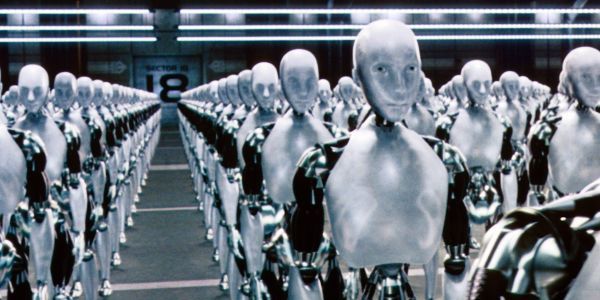Nov 9, 2014
Robot Cheetah Breaks Free of Its Tether, Now Runs on Batteries
Posted by Seb in category: robotics/AI
Written By: Jason Dorrier — Singularity Hub
Not long ago, robots were largely confined to books and movies. Then they started showing up on YouTube, and robot fear became a viral thing. There was that terrifying video of a Boston Dynamics robot wearing fatigues and gas mask. Another Boston Dynamics video showed a cheetah robot that could outpace the swiftest human sprinter.
Back then, it was easy enough to imagine being run down by a robot—particularly because Boston Dynamics was funded by the military. But there was no good reason to fear them. Not yet. Why? They were all powered by internal combustion engines. Imagine being stalked by a car with no muffler. You’d hear it a mile off and climb a tree.
Continue reading “Robot Cheetah Breaks Free of Its Tether, Now Runs on Batteries” »















